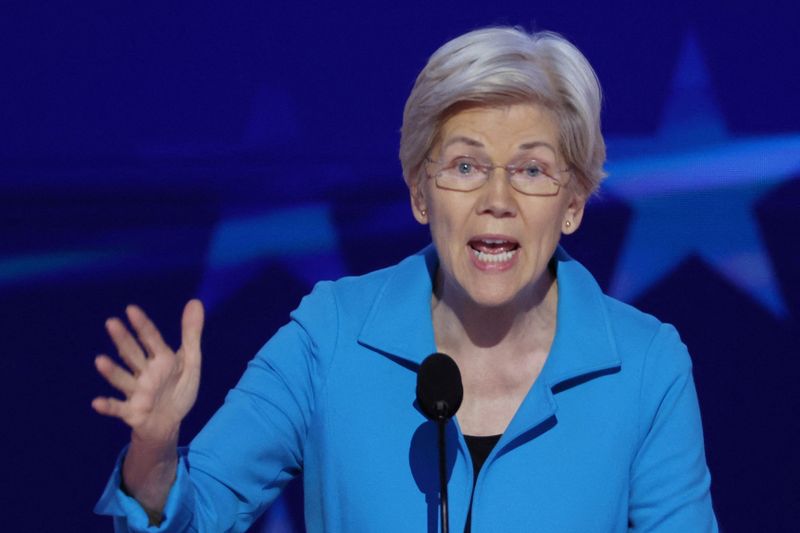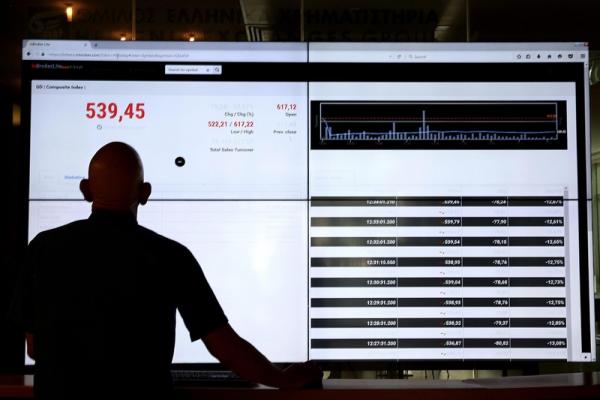By Jody Godoy
NEW YORK (Reuters) – U.S. Senator Elizabeth Warren has asked antitrust regulators to closely examine a $16.5 billion deal in which Novo Nordisk’s (NYSE:) controlling shareholder would acquire contract drugmaker Catalent (NYSE:), saying it the pharmaceutical company could be giving an illegal advantage in anti-obesity drugs.
Novo Holdings, the investment firm that has a controlling stake in Novo Nordisk, signed a $16.5 billion deal in February to buy Catalent to increase supply of Wegovy, Novo’s blockbuster GLP-1 injectable weight-loss drug.
Warren urged the U.S. Federal Trade Commission to sue to block the deal if the regulator deems it illegal — which could delay the deal’s expected closing later this year.
“I am concerned that the merger of Novo Nordisk with Catalent will give Novo Nordisk unprecedented insight and control over its competitor’s production capacity, costs and business practices, and the ability to favor its own products and hinder competitors’ use of Catalent for the production of GLP-1 drugs,” Warren said in the letter.
Under the terms of the deal, Novo Holdings would sell three of Catalent’s filling plants, where injection pens are filled in sterile conditions, in Italy, Belgium and the United States, to Novo Nordisk for $11 billion.
Novo Nordisk said in a statement that it has already committed to honoring existing contracts at its factories.
“We are not aware of any competing GLP-1 products being manufactured for commercial sale at the three sites that Novo Nordisk plans to acquire,” the company said.
Catalent did not immediately comment.
Shares of Catalent fell after the news.
Warren is a political ally and supporter of FTC Chair Lina Khan, who has been criticized by some business groups as saying she is too eager to block deals. Khan has said that only a small portion of deals end up being challenged by the FTC.
Eli Lilly’s (NYSE:) GLP-1 drugs — Zepbound approved for weight loss and Mounjaro for diabetes — compete with Wegovy and Novo Nordisk’s Ozempic.
Lilly also uses Catalent to produce GLP-1 and diabetes medicines. However, Lilly is not using Catalent for Zepbound or Mounjaro, Novo Nordisk said.
Lilly CEO David Ricks has criticized the deal. He told investors in August that as Lilly builds its own sites, the company is concerned about “the oddity of your main competitor being also your contract manufacturer and how to resolve that situation.”
Demand for GLP-1 weight loss drugs in the U.S. has exceeded supply, leading to shortages and an increase in compounded versions made by combining, mixing or changing drug ingredients.

Both Novo and Lilly GLP-1 drugs have experienced shortages over the past two years, and one dose of Novo’s Wegovy remains on the FDA’s shortage list.
Under President Joe Biden, the FTC has sought to block vertical mergers that it believes would allow the merged company to block competitors’ access to supply chains or distribution points, or transfer sensitive competitive data.


